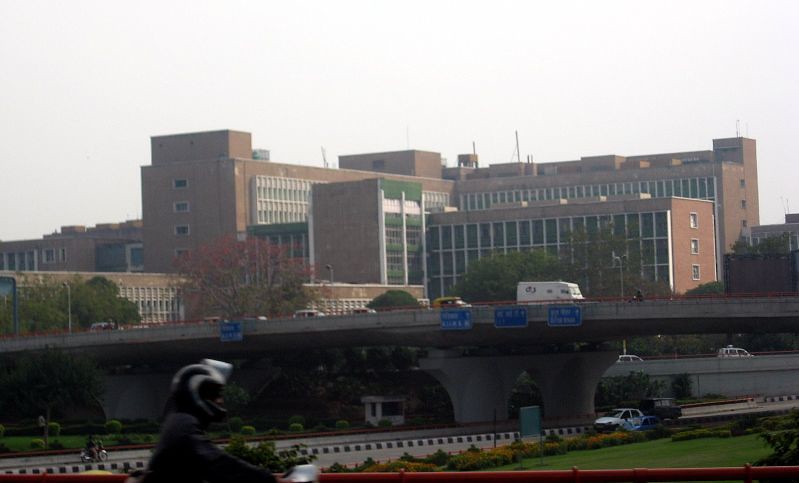New Delhi: As several states are considering the use of the plasma therapy to treat critically-ill COVID-19 patients, top medical experts has said that the convalescent plasma therapy is no “magic bullet” to deal with coronavirus, and only large-scale controlled trials can ascertain its efficacy.
The therapy involves taking antibodies from the blood of a person who has recovered from COVID-19 and transfusing those antibodies into an active coronavirus patient to help kickstart the immune system to fight the infection.
Last week, the Health Ministry had cautioned against its use, saying that the plasma therapy for treatment of coronavirus patients is at an experimental stage and has the potential to cause life-threatening complications.
However, some state governments, including Rajasthan, Punjab, Maharashtra and Delhi have shown keenness for plasma therapy treatment, and the Centre has permitted few states to perform plasma therapy on a limited number of COVID-19 patients.
Top medical experts feel it should not be looked upon as something that could make a “huge difference” in the treatment of COVID-19 and only randomised controlled trials can prove its efficacy as an important treatment strategy.
Director of AIIMS, Delhi, Randeep Guleria said there have been very few convalescent plasma therapy trials as far as COVID-19 is concerned, and only in very few patients it has shown some benefit.
“It is just one part of the treatment strategy. It helps improve the person’s own immunity by giving what we call passive immunity because the antibodies in the plasma enter the blood and try to help fight the virus in the afflicted individual. It is not something which will dramatically make a difference,” Guleria said.
There is no study to suggest that “it is a magic bullet” or it will make a dramatic difference, but it is part of the armamentarium of treatment that physicians have along with other drugs, the senior pulmonologist said.
ICMR has already called for a proposal and a large number of institutes have enrolled for the convalescent plasma therapy trials, he said.
“Important issue to remember is that not everyone’s plasma can be given, you also have to test the blood —-whether it is safe and also has enough antibodies. So, you have to have an antibody testing mechanism which is being done by NIV (National Institute of Virology), Pune, to show that the plasma you are giving has enough antibodies” Guleria said.
Dr Vivek Nangia, Director Pulmonology, MICU and Sleep Disorders, Fortis Hospital, Vasant Kunj, said the therapy is only in the experimental stage, but it is promising as there is a clinical knowledge involved, and also some experiments and past experience behind it having been used for SARS and H1N1 epidemics in a limited manner.
“Dire circumstances require desperate measures, you need to have an out of the box thinking and this is one of those measures, when nothing else is working you want to try this, there is no harm. It has its pros and cons,” he said.
As per reports, a patient who was administered plasma therapy for the first time at a private hospital here was discharged last week after being cured, while the first person to undergo plasma therapy in Maharashtra had died in Mumbai’s Lilavati Hospital.
Chief minister Arvind Kejriwal had said last week that the Delhi government will not stop clinical trials of plasma therapy to treat severally-ill COVID-19 patients as its initial results are good.
Rajasthan Chief Minister Ashok Gehlot on Sunday said that with the ICMR nod, SMS hospital in Jaipur will start convalescent plasma therapy on COVID-19 patients from Monday, while Maharashtra, which had started the trials last month after a nod from the ICMR, is considering to continue with it despite the Union health ministry warning.
Professor Rajesh Malhotra, Chief Trauma Centre AIIMS, said as of now, there is no concrete evidence of convalescent plasma therapy’s usefulness.
“It essentially relies on the assumption that the body fires up its resistance in the form of chemicals called antibodies to fight the infection and those who have recovered have sufficient numbers in their convalescent plasma to fight the infection,” Malhotra said.

